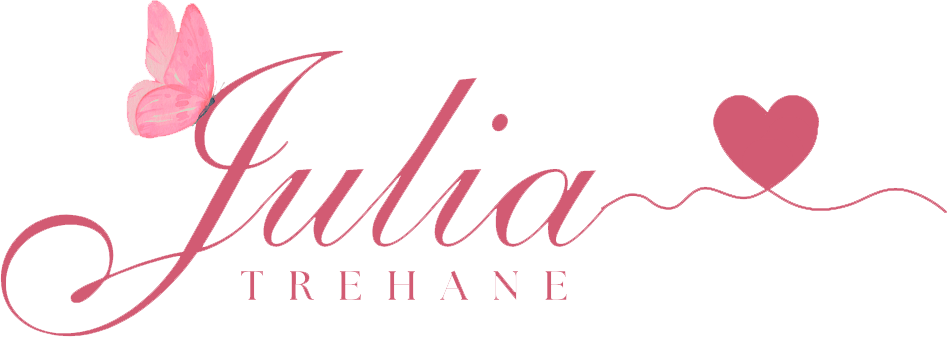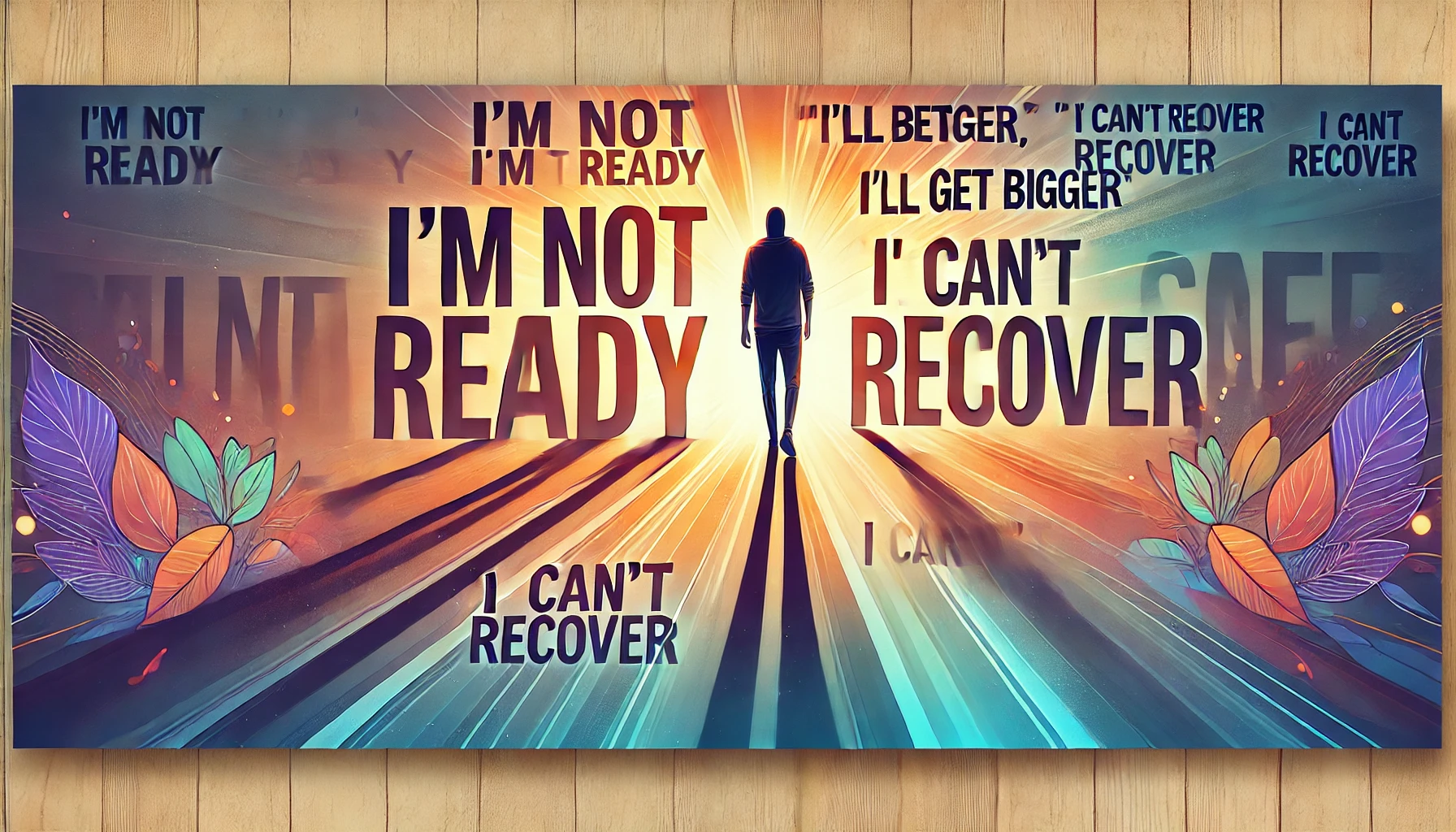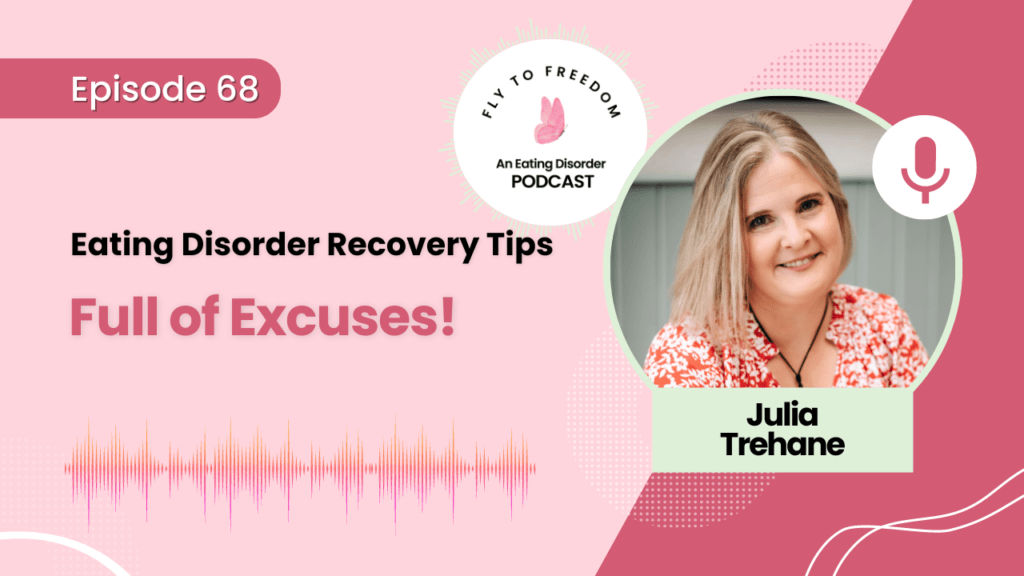In eating disorder recovery, one of the biggest obstacles we face is the endless stream of excuses our minds generate to keep us stuck. These excuses feel so logical and convincing that it’s easy to fall for them, but really, they’re just the eating disorder’s way of protecting itself and preventing us from taking the brave steps toward healing.
The Psychology of Excuses: Why Our Minds Play Tricks on Us
The human brain is wired for survival, and when we’re in a cycle of restriction, our brains can fall into a pattern of cognitive distortions—basically, mental filters that twist reality. These distortions are at the root of many eating disorder behaviours. For example, the brain might make you feel you’re “in control” when you’re really under the influence of the disorder. These mental distortions also create those oh-so-convincing excuses, which might seem reasonable but are ultimately roadblocks to recovery. Cognitive-behavioural therapy (CBT) is one effective approach for recognizing and addressing these unhelpful thought patterns, and you can use similar strategies in your recovery journey.
“I Don’t Need as Much Food Because My Metabolism Is Slower”
This is a common myth that many people with eating disorders believe, and while it’s partially rooted in biological truth, it doesn’t tell the whole story.
When we restrict our food intake, our metabolism does indeed slow down—this is a survival mechanism called adaptive thermogenesis, where your body conserves energy in response to perceived starvation. However, this slowdown isn’t permanent. Once you start eating adequately again, your metabolism will naturally speed back up. Research shows that with consistent nourishment, your metabolism can fully recover. Think of your body as a car: if you don’t put enough fuel in the tank, it conserves what little is there, but once you start fueling it properly, it can run efficiently again.
“I’ll Just Keep Getting Bigger and Bigger”
Fear of weight gain is one of the most significant barriers to recovery, often fueled by a distortion known as catastrophizing—where the mind jumps to the worst possible outcome. In reality, our bodies are designed to seek a natural, healthy set point when properly nourished. The set point theory suggests that each person has a weight range that their body fights to maintain. When we restrict food, our body dips below this range, triggering the brain to encourage eating through hunger signals. Once you reach your set point, your body tends to stabilize. You won’t just keep gaining endlessly, even though the eating disorder might make you believe that’s what will happen.
“If I Recover, I’ll Just Eat Junk Food All the Time”
It’s common to crave high-calorie, highly palatable foods early in recovery. This happens because your body has been deprived for so long that it prioritizes foods that are rich in energy and easy to consume. This is your body’s smart way of restoring balance. Studies show that people who go through periods of starvation or restriction tend to crave foods that will quickly replenish energy stores. But over time, as you start eating a more balanced and consistent diet, these intense cravings naturally diminish. Your body, when nourished consistently, starts trusting that food will always be available, and you won’t feel the need to binge on certain foods forever.
“What If I Develop Binge Eating Disorder?”
This is a big concern, and it’s totally understandable. However, there’s an important distinction between extreme hunger during recovery and binge eating disorder. Extreme hunger is a natural, biological response to starvation; it’s your body’s way of saying, “Please, give me fuel, I’m running on empty!” Binge eating disorder, on the other hand, involves recurrent episodes of eating large amounts of food, often driven by emotional distress rather than true hunger.
In the early stages of recovery, it’s normal to eat larger amounts as your body adjusts. However, this will taper off as you consistently nourish your body and heal emotionally. By working with a therapist, especially one trained in intuitive eating, you can learn to trust your body’s hunger cues and distinguish between emotional and physical hunger.
Compulsive Exercise: When “Healthy” Becomes Harmful
Exercise is often seen as a universally “good” thing, but in the context of an eating disorder, it can be anything but. Exercise addiction or compulsive exercise is common among people with eating disorders and can be just as damaging as food restriction. In a state of malnourishment, exercise puts extra strain on your body, increasing the risk of injury, and can actually slow down or prevent your recovery. Rest and nourishment need to take priority. As your body begins to heal, you can slowly reintroduce gentle, mindful movement that feels good rather than punishing.
“I’m Not Sick Enough to Recover”
This is a harmful belief, often fueled by impostor syndrome, where you feel unworthy of help. The truth is, eating disorders come in all shapes, sizes, and stages of severity. You don’t have to be at a critically low weight or in a life-threatening situation to deserve recovery. Research has shown that early intervention significantly improves outcomes in eating disorder recovery, so the sooner you begin, the better your chances of full recovery—both physically and mentally.
Digestive Problems in Recovery: What’s Really Happening
It’s no secret that digestive issues like bloating, diarrhea, or constipation are common during recovery. This happens because your body has to “relearn” how to digest food after a period of restriction. Gastrointestinal dysmotility—where the digestive system slows down—can result from prolonged malnutrition, but the good news is that these symptoms are temporary. By continuing to eat regular, balanced meals, your digestive system will heal. Probiotics or fiber-rich foods might help, but always consult with a professional before adding new supplements to your routine.
6 Action Points for Eating Disorder Recovery
- Identify your excuses: Challenge them! Cognitive-behavioral techniques can help you reframe unhelpful thoughts.
- Journal your thoughts: writing a daily journal of how you’re feeling and how you’ve re-framed your thoughts helps to hardwire a more resilient mindset.
- Seek support: Whether it’s friends, family, or professionals, having a strong support system is critical. If you’d like to investigate coaching to really jump forward into recovery, just hit the button below.
- Practice self-compassion: Studies show that self-compassion is key in recovery from any mental health condition, including eating disorders. Use daily mantras to remind yourself to be kind in your thoughts.
- Nourish your body: Regular meals will restore both your physical and mental health. Recovery isn’t just about gaining weight—it’s about giving your body what it needs to function.
- Envision your future: Keep your goals in mind. Visualizing a life free from the eating disorder can motivate you during tough moments.
In recovery, there’s no such thing as a small step—every decision to challenge the eating disorder is a victory. Celebrate each one in a daily journal.
The science shows that with consistent nourishment, self-compassion, and the right support, your body and mind have a remarkable ability to heal. You are worthy of recovery, and your future self will thank you for starting the journey today!
If you’d like me to help you through your recovery, with proper, effective, science backed techniques and everything you need to create a better life, free from your eating disorder, reach out to me and take that 1st step. Oh, and this part is free of charge by the way!


